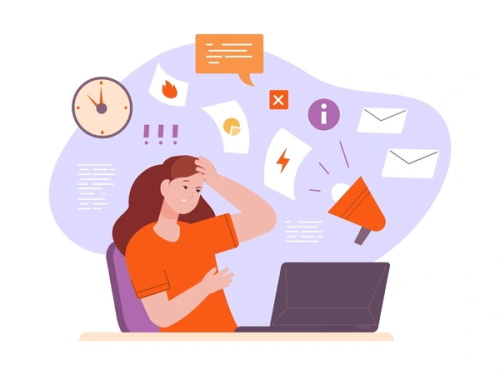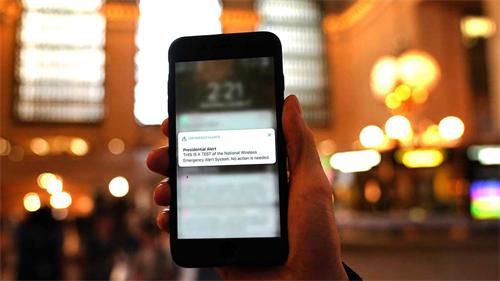5 Quiet Lifestyle Habits Draining Your Productivity—and How to Transform Them

Everyday routines often harbor hidden behaviors that quietly erode our effectiveness and well-being. From the myth of effective multitasking to the incessant pull of digital alerts, neglecting micro-breaks, failing to prioritize tasks strategically, and surrounding ourselves with clutter, these silent productivity killers fragment our focus, sap our energy, and heighten stress. Fortunately, simple, science-backed strategies—such as time-blocking, setting “digital diets,” scheduling restorative pauses, employing prioritization frameworks like the Eisenhower Matrix, and decluttering—can restore flow, sharpen concentration, and cultivate a more balanced, fulfilling lifestyle.
1. The Multitasking Mirage
Although many pride themselves on juggling several tasks at once, true multitasking is a neuropsychological impossibility—our brains rapidly switch focus rather than process two streams simultaneously. Regular task switching can increase mistake rates and mental exhaustion while reducing efficiency by as much as 40%.
Fix: Adopt time-boxing—allocate dedicated blocks on your calendar for single tasks to minimize context-switching and boost depth of focus.
2. Digital Distractions and Notification Overload
Studies report that nearly one-third of employees are interrupted by digital notifications every 15 minutes, amounting to over 160 daily distractions that fragment attention and extend task completion times. Chronic notification checking can also contribute to mental fatigue, with research indicating that each interruption demands 60–90 seconds of reorientation time.
Fix: Adopt a "digital diet" by turning off unnecessary notifications, designating areas free of technology, and utilizing greyscale mode to lessen your device's visual allure.
3. Skipping Breaks: The Counterintuitive Productivity Booster
It may seem that powering through without pausing maximizes output, but micro-breaks actually replenish cognitive resources, enhancing focus, creativity, and performance. Regular rest periods can lower stress levels, improve recall, and prevent burnout, making breaks essential for sustained productivity.
Fix: Schedule brief pauses—stand up, stretch, or step outside—for at least five minutes every hour to reset your mind and body.
4. Poor Planning and Task Prioritization
An extensive to-do list that lacks a clear hierarchy can cause anxiety and divert focus from important activities to low-impact ones. Focused effort on high-value tasks is made possible by the Eisenhower Matrix and other frameworks that assist in differentiating between urgent and significant jobs.
Fix: At day’s start, categorize tasks by urgency and importance, then time-box your calendar accordingly to ensure meaningful progress on key objectives.
5. Cluttered Surroundings Distract and Drain
Clutter, both digital and physical, competes for brain bandwidth, lowering the ability to focus deeply and causing stress reactions. Statistics reveal that Americans spend over two days per year searching for misplaced items, and over half report feeling overwhelmed by belongings, translating to billions in productivity losses.
Fix: Adopt a minimalist approach—regularly purge unnecessary items, organize your desk, and use digital folders—to create an environment conducive to clarity and calm.
Transforming these habits requires gradual, intentional adjustments rather than radical overhaul. Start by tracking your behaviors—use a “habit audit” journal to identify which silent culprit affects you most. Incorporate one fix at a time: perhaps first schedule uninterrupted work blocks, then silence non-essential notifications, and finally declutter your workspace. Pair these strategies with supportive routines—regular exercise, mindfulness practices, and sufficient sleep—to bolster resilience and sustain gains over the long term.



